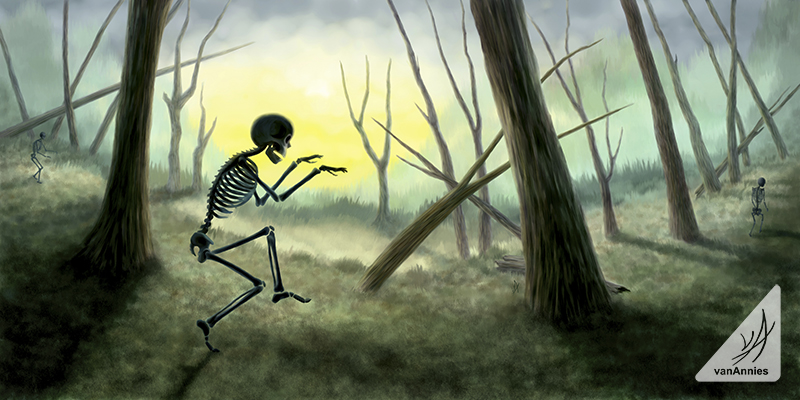Save As Many As We Can by Michelle Chouinard

Save As Many As We Can
I had to save him. I couldn’t let him die.
With all the ‘zombies’ in pop culture, you’d think someone would have gotten it right.
Not even close.
When those infected started to turn, nobody understood what they were becoming.
But we learned.
We learned that zombie muscles don’t decay; that the rotting flesh is replaced, like a snake shedding its skin. That what’s underneath is stronger, faster, steam-lined. Almost bionic.
We learned zombie brains are sound, even though they no longer communicate through speech. That underestimating them was a mistake of dehumanization, of discrimination. Those who are now zombies are smarter than they ever were. With heightened senses, to boot.
And we learned the heart-breaking despair of having someone you love try to kill you. Learned what it’s like to have them attack with single-minded intent to destroy, because now you’re the enemy. To know the bond between you is rendered null and void because they can’t understand, can’t see you’re the same person you always were, because they look through you rather than at you.
That day, I watched my family fighting each other, powerless to help, wedged into a corner behind a bookcase that had fallen in front of me. I heaved against the wood repeatedly, desperate to get to my father, but I couldn’t move it; I could only stare helplessly as the grisly tableau played out in front of me.
My sister versus my father.
My mother versus my brother.
An epic family battle worthy of a civil-war anthem: Blood everywhere. Needless slaughter. Kill or be killed.
Infuriated by my impotence, I cringed as my brother felled my mother like a tree, felt the pain that must have seared into him as he killed her. Rage and anguish ripped through me, and I plowed my shoulder one final time into the bookcase blocking my path.
This time, the wood shifted and fell, splintered apart in front of me. I leaped over the detritus, straight toward my father.
He had killed so many, my older sister and several strangers, and I watched as his blade sliced through my baby sister’s skull. He had almost gotten away, except for one final stranger who had closed in on him. He turned as I rushed toward him, and I could see the terror in his eyes.
I had distracted him, and the stranger used the advantage to lunge at him, knocked him off balance. I caught him as he fell, and mercifully pulled his legs out of reach. If the attacker managed to bite his leg, there would be nothing I could do; the virus would slowly move up, send his body into shock, and he’d die.
In one movement I pulled him up to me and bit hard into his neck, delivering the virus into his vena cava and instantly to his heart.
His scream was primal, howling and mellifluous, the cry of a perfect new baby being born.
It was done, and now he would be safe. The virus would empower him, not kill him.
I watched as he turned, and lamented those he’d killed. Why? Why had he fought it for so long? Why did he have to kill so many, my sisters included, when it was all so inevitable?
No matter. He understands now. That we’re becoming stronger, eventually immortal. That we’re the next phase, the next step in evolution. We’ll save as many as we can, and together we’ll have peace, free from outdated human needs and limitations.
This new life will be so beautiful. And now he’ll be a part of it.
###
Michelle Chouinard has a doctorate from Stanford University and was one of the founding faculty members at UC Merced. While she enjoys reading and writing about zombies, she hopes to avoid becoming one.